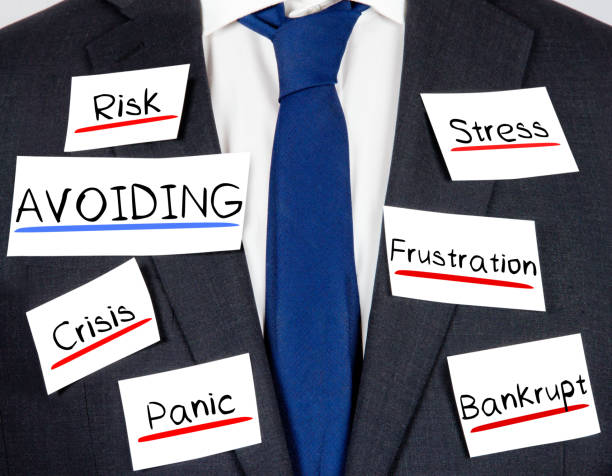Situations arise whereby an additional name is added to a title for
estate planning purposes. In fact, the person that has been added
might not even know their name was added; they have not given or
received any proceed in relation to the title, so while the person
has an interest in the title, there is no equitable
interest. This is sometimes known as “bare legal title” or "naked title".
So, if the person with the bare legal title files bankruptcy, can the Trustee reach this interest in the property? Is the property part of the bankruptcy estate, thereby possibly putting the Trustee in a position to force the turnover of the property?
While I have not done an exhaustive review of bare legal title as it applies to bankruptcy, there is limited case law surrounding this topic. However, I recently ran across a case I found interesting, United States v. Whiting Pools, Inc., 462 US 198 (1983) where bare legal title is addressed in footnote 8 as follows:
Section 541(a)(1) speaks in terms of the debtor's "interests . . . in property," rather than property in which the debtor has an interest, but this choice of language was not meant to limit the expansive scope of the section. The legislative history indicates that Congress intended to exclude from the estate property of others in which the debtor had some minor interest such as a lien or bare legal title. See 124 Cong. Rec. 32399, 32417 (1978) (remarks of Rep. Edwards); id., at 33999, 34016-34017 (remarks of Sen. DeConcini); cf. § 541(d) (property in which debtor holds legal but not equitable title, such as a mortgage in which debtor retained legal title to service or to supervise servicing of mortgage, becomes part of estate only to extent of legal title); 124 Cong. Rec. 33999 (1978) (remarks of Sen. DeConcini) (§ 541(d) "reiterates the general principle that where the debtor holds bare legal title without any equitable interest, . . . the estate acquires bare legal title without any equitable interest in the property"). Similar statements to the effect that § 541(a)(1) does not expand the rights of the debtor in the hands of the estate were made in the context of describing the principle that the estate succeeds to no more or greater causes of action against third parties than those held by the debtor. See H. R. Rep. No. 95-595, pp. 367-368 (1977). These statements do not limit the ability of a trustee to regain possession of property in which the debtor had equitable as well as legal title.

